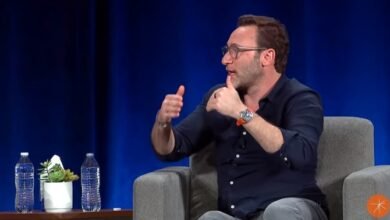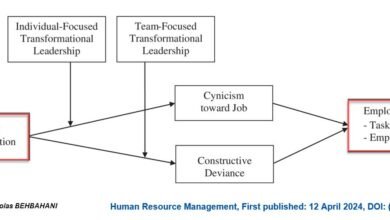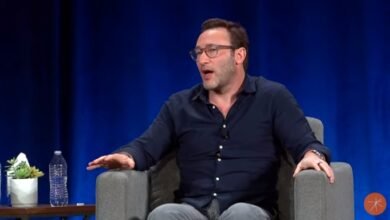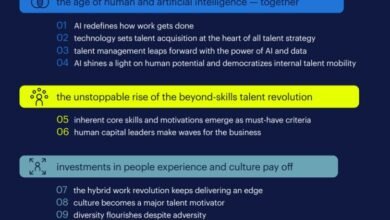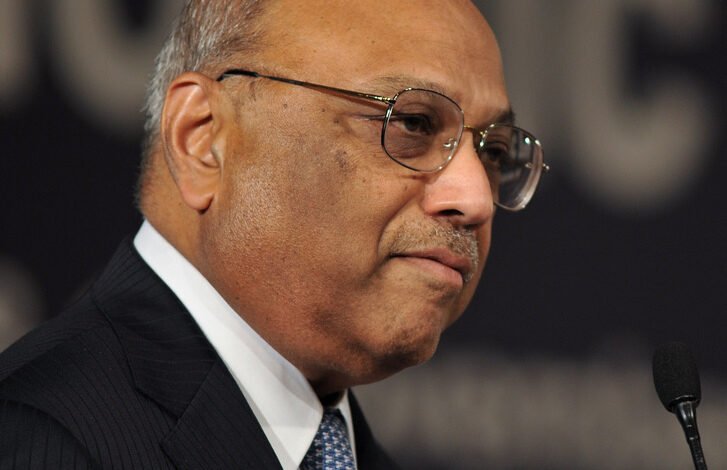
By Dave Ulrich | Speaker, Author, Professor, Thought Partner on Human Capability (talent, leadership, organization, HR)
Most of us have professional mentors who have explicitly or implicitly frame our careers. Sometimes my mentors are thought leaders whose writing and ideas shape my thinking. Sometimes, those mentors are gracious colleagues who have encouraged me by challenging my thinking. In rare times, this is the same person. CK is one of those people for me.
Case 1: What is your point of view?
I was a relatively new faculty at Michigan business school given the privilege of teaching in the executive programs. I was nervous to teach with iconic and outstanding teachers. After I taught a few sessions where I felt my formal material had gone over ok, CK and I ended up in a conversation. He asked me a simple question, “what is your point of view about leadership?” I had just done a lecture on leadership where I reviewed the theory and synthesized research into how to be a more effective leader, but his question startled me. MY point of view? I could not answer him clearly and I mumbled through a made-up response. He knew it and so did I. By this simple gesture, he has pushed me to be clear on my point of view on leadership, HR, organizations, talent, culture, change, globalization, and governance. I have asked doctoral students who want my advice to write a 2 to 3 page “point of view” essay on what they believe and how they uniquely approach the problem with no references and little theory.
CK had a point of view on strategy, poverty, innovation, customers, and organizations. His writing affected my thinking and his advice affected my behavior.
Case 2: What is your theory?
In another one of those brief, but lasting conversations, he asked me another simple question, “what is your theory of HR?” Again, I stammered a bit talking about resource dependence, institutionalization, and transaction efficiency. He quietly said, “you are in a field that is deeply in need of a theory that explains why things happen so that you can replicate them across organizations.” This simple question and challenge has pushed me to not just look for quick answers or random practices, but to explain why things happen the way they do. With great colleagues, we have tried to develop innovative theories about talent, leadership, culture, and human resources.
CK had a theory behind his work and he used this theory to organize and generalize his work.
Case 3: “…of course you can”
As a new faculty, I wanted to be a better teacher. I was honored to participate with other great faculty in the Executive programs and I hesitantly asked them if I could sit in their classes to take notes less on their content and more on their teaching style and techniques. CK answered quickly, “of course you can.” He allowed me to sit through his strategy sessions a number of times. I took lots and lots of notes. He not only had brilliant content which pushed new insights, but I forced myself to take notes on how he presented this material so that the delegates would leave the classroom having changed their point of view. He worked to establish their present knowledge, then graciously showed them where their knowledge fell short. He wove in real stories from his personal consulting to illustrate the points he made. He did not rely on secondary sources, but he lived the ideas he taught. He had an incredible way to lead someone through his arguments when he would write on the board or on overheads the logic and flow of his thinking. He moved around the room to capture the attention of each participant. He knew about people’s companies and quickly adapted his ideas to their experiences. He would ask people about their challenges and then in front of the class, he would consult with them to offer them solutions. He had a knack for putting elegant words onto interesting concepts so that they were memorable and lasting. At the end of his sessions, people left feeling smarter, more enabled, and more open to approaching their managerial challenges in a new way. I cherish my notes on CK’s teaching as much as my notes on his content.
Case 4: Do your ideas have impact?
CK had a unique ability to bridge ideas and practices. He cherished new and innovative ideas. He shared his father’s legacy of scholarship and thinking rigorously about new ideas so that he could understand them. CK was a master of creating theory. But, he created theory that grew out of and shaped practice. CK was willing to move from formal academic settings into formal business settings and excel at both. He taught me that academic relevance is not an oxymoron, but a distinct contribution to both.
He had a unique ability to move across ideas. His books show the breath of his interest and the agility of his mind. What an incredible mentor who by word and deed suggested that I keep writing on new topics and exploring new ideas. Thanks to CK, I have explored writing in areas that are new to me rather than spend my career in one area. When a publisher said, “this would be a great book, let’s frame it for HR professionals”, I thought of CK who was willing to write books to diverse audiences. With this in mind, I said no to this publisher and have attempted to write to different audiences.
Case 5: Are you making a difference?
We did some consulting with a few clients. In the personal time traveling and having dinner, he would often reflect on whether his work and words were having an impact on the broader world in which he lives. His masterful work on fortune at the bottom of the pyramid was a noble attempt to show that managing organizations could also be a means of eradicating poverty. Doing well socially could be linked to doing well financially. He would periodically ask me, “is your writing, teaching, and consulting making the difference in the world that you intend?” What a great question. It has confirmed the volunteer work I have done. It has led me to write books on topics that have a broader appeal than another business technique.
Case 6. Walking along the river
Perhaps my favorite and lasting image of CK is running into Gayatri and him walking along the river in Gallup Park. Wendy and I periodically ran into them. They walked their dog and were obviously engaged and engrossed talking to each other. They had a quiet respect and deep affection for each other. They would stop, graciously engage us, then calmly move off continuing their conversations. In all his professional success, he seemed to know that personal relationships mattered most.
Like many who “knew” CK, I realize I was not in his inner most circle, but his ideas and influence were in mine. Simply stated, he has been perhaps the most gifted thinker in the world of business in the last two decades. He had the capacity to not only see beyond the obvious horizon, but the ability to turn innovative ideas into management impact. He changed how many of us envisioned the business world as a setting to resolve societal problems. And, over and over again his brilliant insights were coupled with enormous humanity where he showed by word and deed that he cared about people both at the top and bottom of the pyramid. The world of business will not be as successful without his wisdom, and his dear family and close friends will have an enduring hole in their hearts only partially filled by the knowledge that his enduring ideas will have shaped a generation of leaders throughout the world. I am grateful to consider him a personal and professional mentor.
About the Author
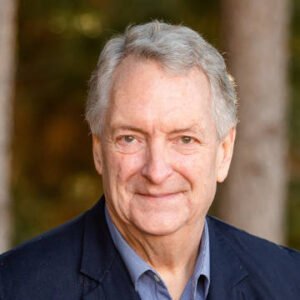 Ranked as the #1 management guru by Business Week, profiled by Fast Company as one of the world’s top 10 creative people in business, a top 5 coach in Forbes, and recognized on Thinkers50 as one of the world’s leading business thinkers, Dave Ulrich has a passion for ideas with impact. In his writing, teaching, and consulting, he continually seeks new ideas that tackle some of the world’s thorniest and longest standing challenges.
Ranked as the #1 management guru by Business Week, profiled by Fast Company as one of the world’s top 10 creative people in business, a top 5 coach in Forbes, and recognized on Thinkers50 as one of the world’s leading business thinkers, Dave Ulrich has a passion for ideas with impact. In his writing, teaching, and consulting, he continually seeks new ideas that tackle some of the world’s thorniest and longest standing challenges.
His bestselling books and popular speeches shape the corporate agenda. Dave has written 30 books and over 200 articles.
He has shaped the HR profession and been called the “father of modern HR” and “HR thought leader of the decade” by focusing on HR outcomes, governance, competencies, and practices (HR Champions; HR Value Added; HR Transformation; HR Competencies; HR Outside In). He spearheaded a “gift” book on the future of HR (The Rise of HR, distributed to over 1,000,000 HR professionals), in which 70 thought leaders freely share their insights.
You can know more about him @ https://www.linkedin.com/in/daveulrichpro/


